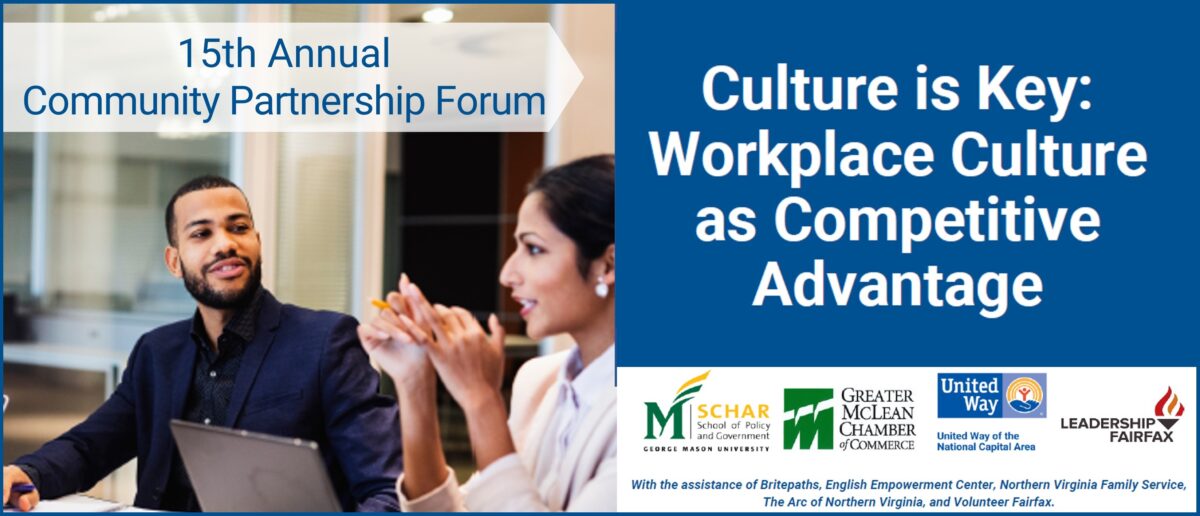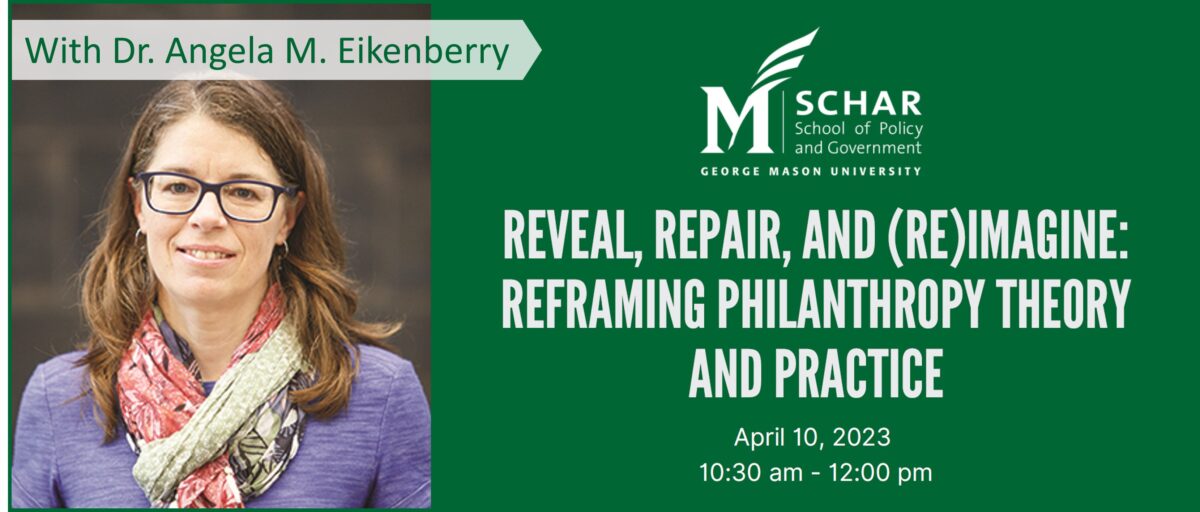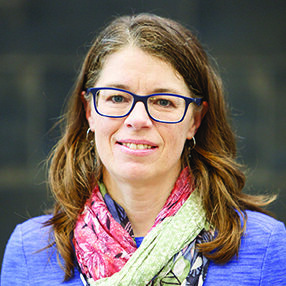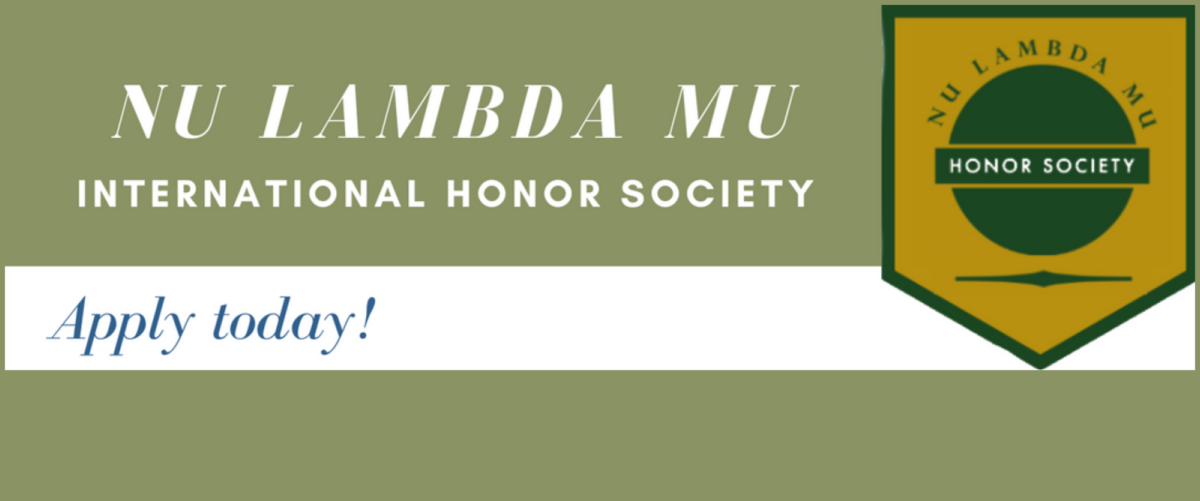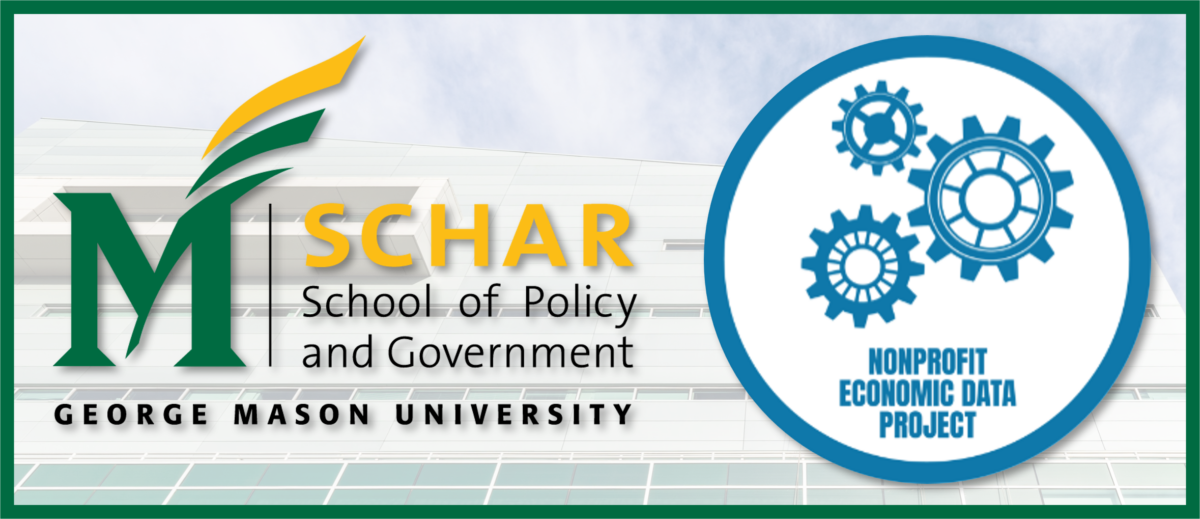The 13th Annual Symposium on Public Policy for Nonprofits convened virtually on Friday, September 20, 2024. This year’s topic, “Nonprofit Civic Infrastructure: A Recipe for a Thriving Nation,” focused on policies and practices to enhance nonprofits’ infrastructure, or support systems, to ensure nonprofit organizations are healthy, equitable, and well-represented in society.
The symposium kicked off with a brief greeting and introduction from all of its co-hosts. Dr. Akilah Watkins, CEO, represented the Independent Sector. Dr. Alan Abramson, professor and director of the Center on Nonprofits, Philanthropy, and Social Enterprise at the Schar School of Policy and Government at George Mason University, represented the Nonprofit Policy Forum as one of the journal’s three co-editors. Executive Director Lynnette Cook represented the Association for Research on Nonprofit Organizations and Voluntary Action (ARNOVA).
The symposium was divided into two thematic panels, each featuring three presentations. The first panel discussed nonprofit engagement and featured topics such as volunteerism, youth perspectives, and the representation of people with lived experiences in nonprofit leadership.
The first panel began with Beth Steinhorn, president of VQ Volunteer Strategies, presenting “From Policy to Practice: Elevating Nonprofits Through Strategic Volunteer Engagement.” Strategic volunteer engagement offers nonprofits a wide range of benefits, but many organizations do not devote time, energy, and resources into developing a strategy for volunteer engagement. Steinhorn’s presentation highlighted three success stories to inspire more nonprofit organizations to invest in a volunteer engagement strategy.
We believe a nonprofit sector that is healthy, trusted, and equitable is essential to building a nation where all people thrive and democracy flourishes. To achieve this vision, we need strong nonprofit civic infrastructure that includes representation and voice, healthy and equitable organizations, and conducive, enabling environments.
Dr. Akilah Watkins, Chief Executive Officer, Independent Sector
The second presentation, titled “Youth Perspectives: Civic Engagement, Equity, and Public Policy,” was presented by Jodi Benenson, Eryn Busenbark, Eva Burklund, and Jon Grant from the University of Nebraska Omaha. Their presentation discussed three themes from their exploratory longitudinal research project that sought to uncover the ways young people conceptualize and experience civic mobility. Their research found young people experience several barriers to civic engagement, including a lack of time, money, and social ties. However, they also noted young people value civic engagement and feel empowered when they engage in activities related to their personal identities. Together, their findings offer a baseline understanding of civic engagement as it relates to young people and can help nonprofits craft effective strategies to recruit young volunteers.
The final presentation in the first panel, titled “Shifting and Sharing Power to Persons with Lived Experience through Equitable Process, Intentional Preparation, and Authentic Skill Building in Nonprofit Public Policy and Advocacy,” was presented by Joshua Cogan, Destiny Wiley-Yancy, Evelyn Bagley, Kahran LaTourette and Marcella Middleton from A Way Home America. Their presentation highlighted the importance of centering people with lived experiences to transform the way nonprofits engage in public policy and advocacy. This is done through an equitable process, intentional preparation, and authentic engagement, which encompasses many aspects from fair compensation and proper credit for contributions to offering skills training and changing hiring and employment practices to truly accommodate these individuals with lived experiences.
After a discussion of the first panel and a question and answer period, Dr. Abramson introduced the second panel on the role of technology and AI in nonprofit civic infrastructure.

The first presentation, titled “A Better Deal for Data: Model Commitments to Unlock Data in the Nonprofit Sector,” by Katy McKinney-Bock, Steve Franci and Jim Fruchterman of Tech Matters addressed several of barriers to data-sharing in the nonprofit sector, including a lack of trust, a lack of policy consensus, and sensitive data. While there are several existing data-sharing models, none of these work for the nonprofit sector, Therefore, they proposed a set standardized, enforceable commitments to help nonprofits build accountability and share data.
The second presentation, “Leveraging Data for Generosity: The Giving Tuesday Data Commons Model” by Samir Khan, Jesse Bourns, and Woodrow Rosenbaum of Giving Tuesday, discussed the Giving Tuesday Data Commons. The Giving Tuesday Data Commons is used to collect, extract, distill, and house a growing body datasets on generosity as practiced in the United States and in other countries. The Giving Tuesday Data Commons is an example of the kind of civic infrastructure needed to address many of the concerns surrounding data-sharing in the nonprofit sector as outlined in the first presentation on this panel.
The final presentation of the symposium was titled “AI Policies and the Nonprofit Sector” and was given by Wendy Chen from Texas Tech University. Her presentation highlighted findings from her systematic literature review on the intersection of AI policies and nonprofits. While existing literature has analyzed AI policies in the commercial and public sectors, there is little research on AI policies in the nonprofit sector. This lack of guidance hinders nonprofits’ ability to harness AI’s potential. In the future, establishing policies for AI adoption in nonprofits will be essential to ensure ethical use, prevent harm to vulnerable populations, and maintain public trust.
Congratulations and great job to all of the symposium’s presenters! If you missed the symposium or want to learn more about any of these projects, you can watch the symposium’s recording. Be sure to stay tuned for the Nonprofit Policy Forum’s special issue with all of the papers from the 13th Annual Symposium on Public Policy for Nonprofits coming soon.


